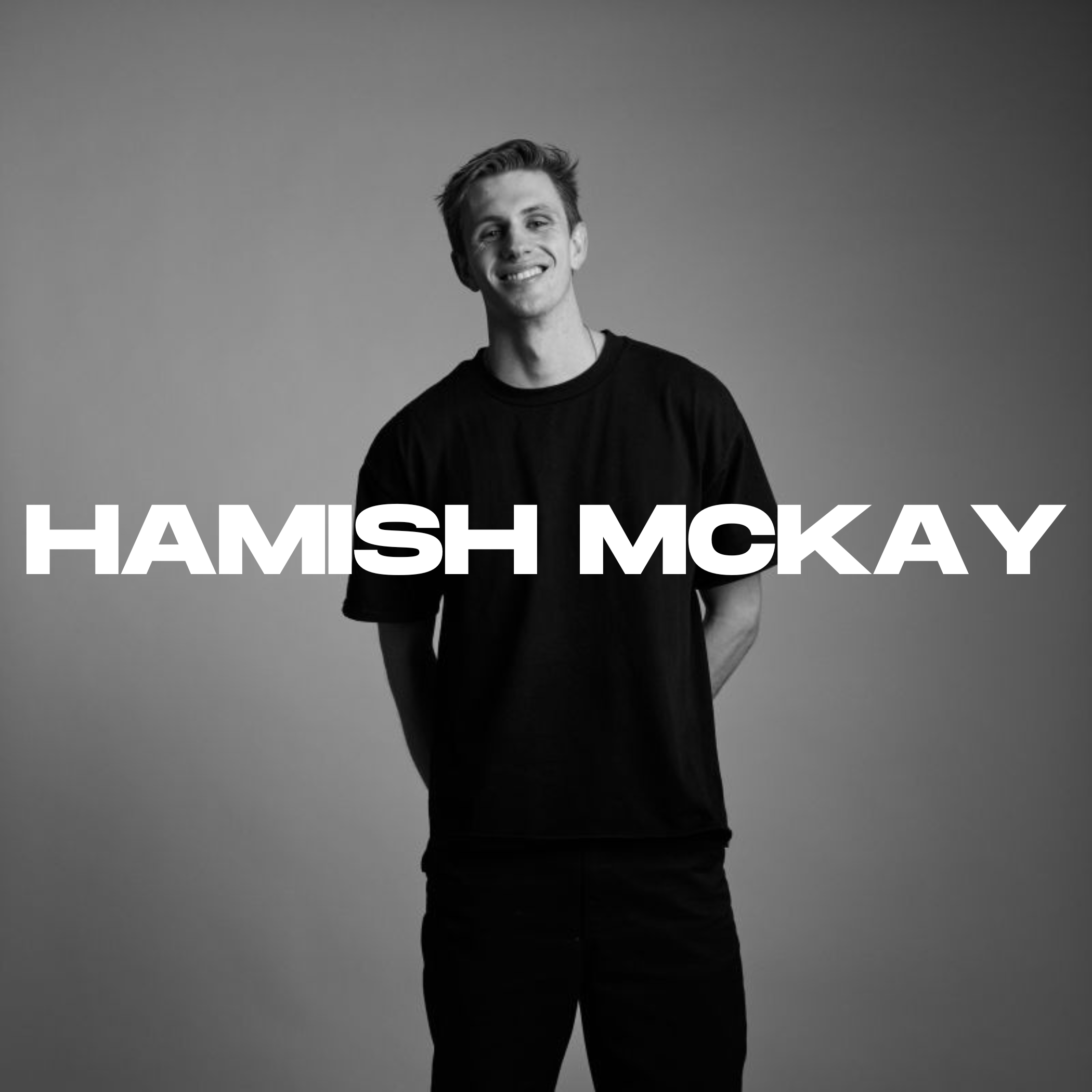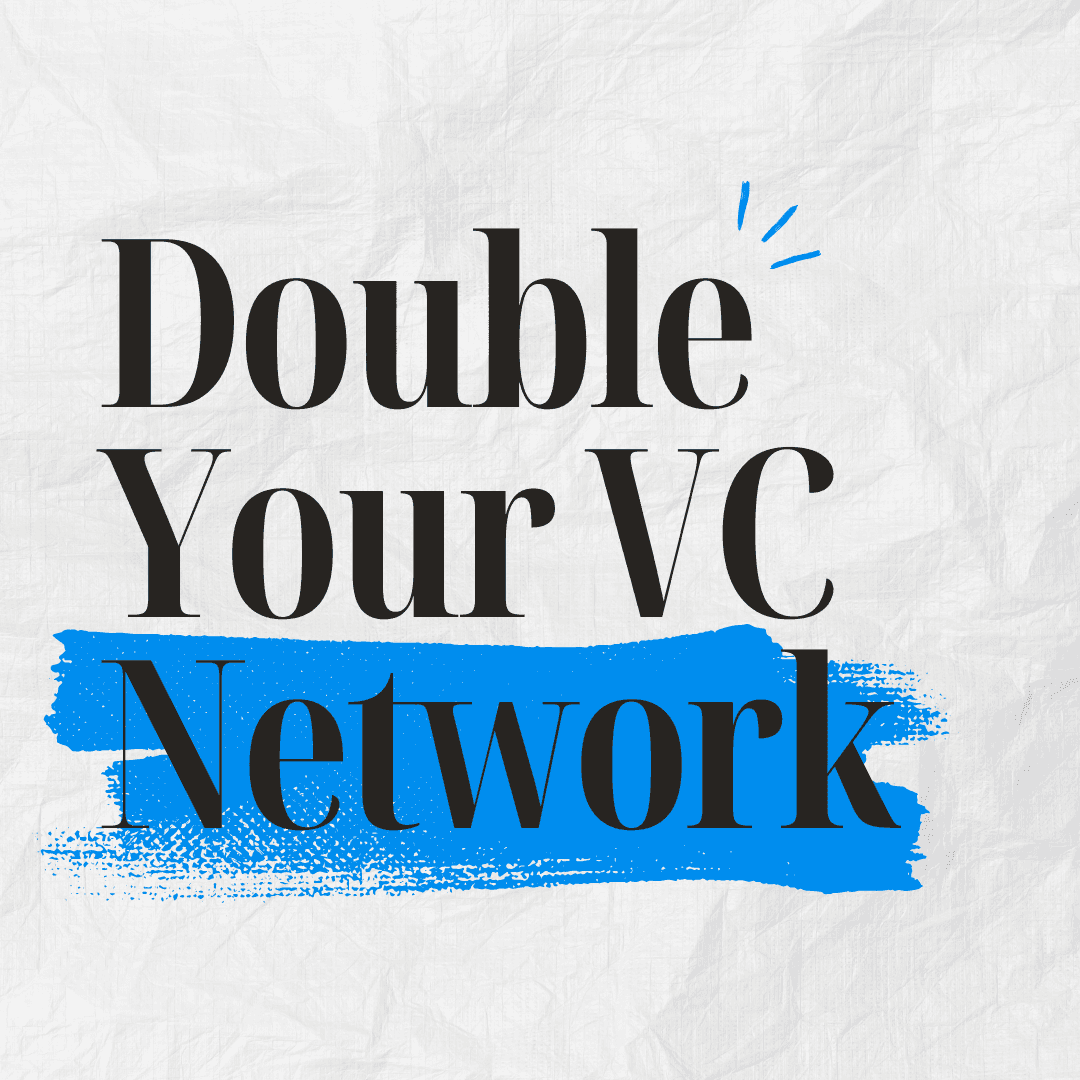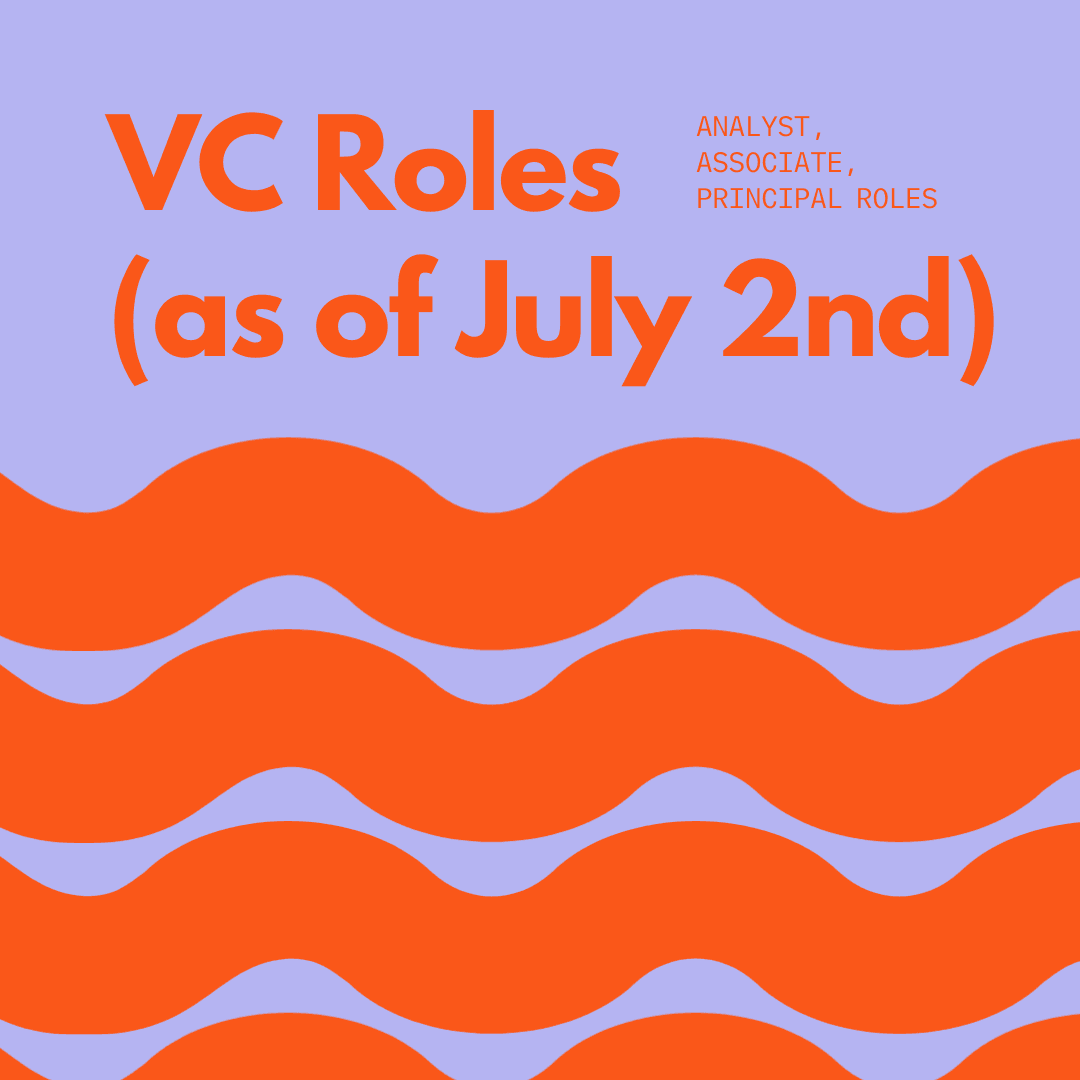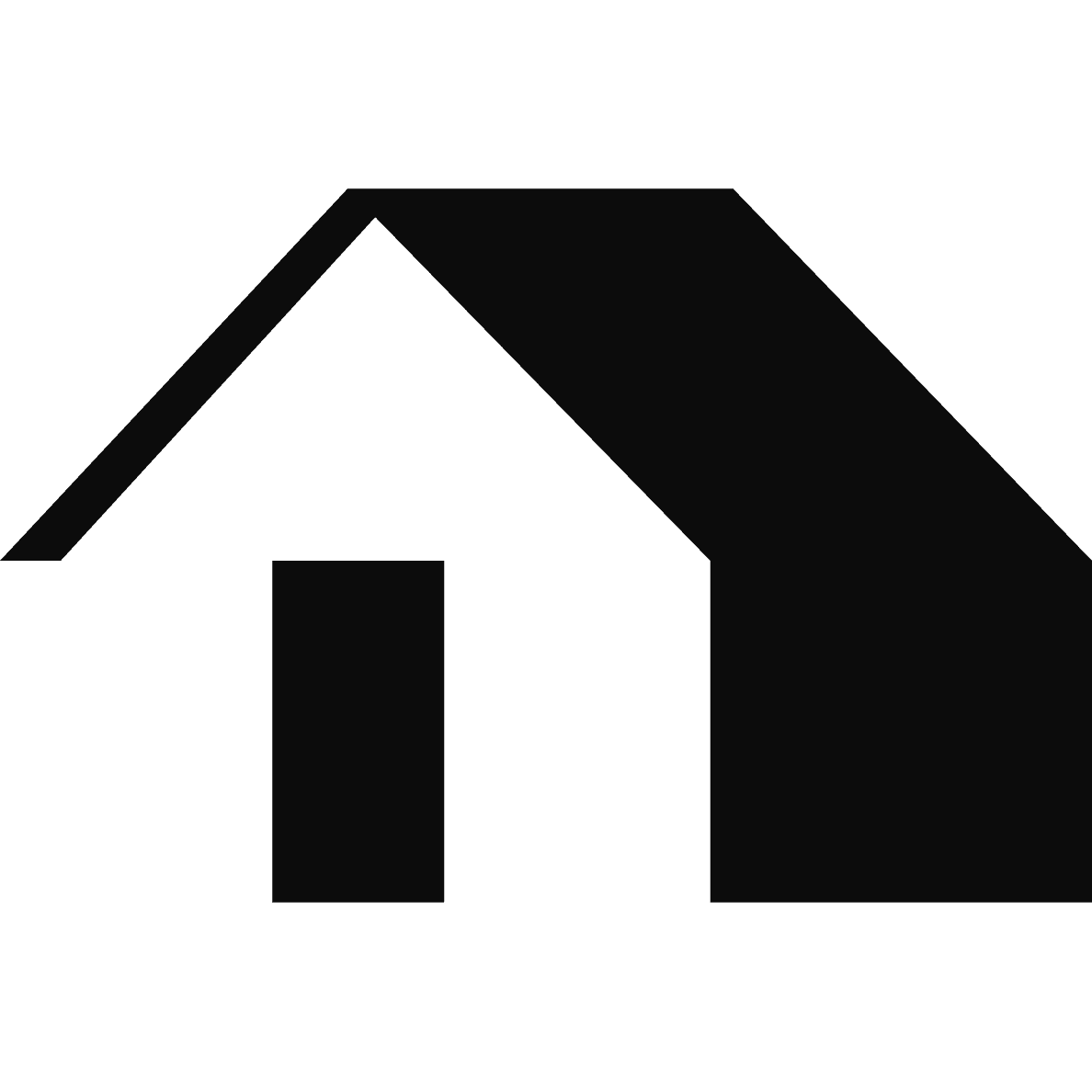Founders
October 2, 2024
Shaan Arora, CEO of Alia
Shaan Arora is the CEO and co-founder of Alia, a popup alternative on Shopify that converts site visitors and collects shopper data through rewarding customer education.
Without further ado, let's dive in.
As the son of immigrant parents, I know the pressures of staying on course. How did you contend with your parents and wanting to be an entrepreneur?
I got lucky I think. My parents were super open-minded. And because I lived with my parents for a bit, they saw how hard I was working towards it.
It was never like “You’re not working, you can just mess around.” I showed them how much I cared about it. I’m grateful to be an entrepreneur.
What was the pivotal moment in your life when you thought, “I’m going to take a swing at being an entrepreneur?”
I think it was when I got more serious about my life. In college, you’re just living as a kid. School is cool, internships are cool…it was all just a part of life. But when junior year rolled around, I asked myself, ‘What do I actually enjoy? What aspects of education, what aspects of life do I feel the most drawn to?’
And I believe it was always ownership. Ownership of anything, even recreationally; being the leader of something, the starter of something. Whether that be in an education or recreational sense, that always really spoke to me. And when I got an internship in banking, I was like ‘Oh sh*t. I feel powerless.’
I didn’t like that feeling.
I knew it wasn’t the path for me. But it was also how I knew I wanted to be an entrepreneur…just so I wouldn’t have to have that feeling.
When I started Alia, I worked as an intern during the day and came home to work with my co-founder at night. Running a startup gave me so much energy even after working a 9-5. I wouldn’t be able to sleep. I was thinking through ideas, of being successful, of what life would be like in two years. I never found myself daydreaming of what life would be like working at a bank for the next 10 years. Every day I woke up dreaming of becoming a great entrepreneur and woke up excited about the prospect of becoming a successful startup founder.
I think a lot of successful people in and outside of entrepreneurship are objective in the ways they approach life. Did you instill this same structure when deciding whether or not to take this leap? Or was it more so “I just can’t take this feeling anymore”
For anyone who wants to become an entrepreneur, A/B test it. I think A/B testing is the answer for most things in software, in running a company, and really anything in life - run a control group, compare it against an experimental group, and analyze the outputs.
I A/B tested areas of my life. I learned to A/B test my emotions and the quality of my life while working as an intern. Then I would come home to my roommate and we would work on Alia at night.
I asked myself:
“How am I feeling?”
“Am I happier?”
“Am I more stressed?”
“Do I feel more empowered?”
It was very clear to me that even though I spent the same amount of time working as an intern and working on my company, doing a startup gave me so much energy. It was pretty clear to me which one my heart is in and which one gives me energy every single day.
Back then we had no customers and zero business. But I believed if I could have this feeling replicated and compounded every single day, it would lead to great results.
How did you land on Alia?
My mom used to sell Indian clothes back in Boston and did pretty well for herself. Naturally, she wanted to take her store online.
But when she launched her Shopify site, it wasn’t doing great—she wasn’t getting any conversions. So, I decided to step in as her Shopify developer.
In person, she was thriving, but online, it was a different story. I realized it’s because, in person, she could just be herself, share her story, and connect with people. But online? Nobody was visiting her 'About Us' page or learning her story, so they weren’t converting. That was my hunch. I thought, ‘Is there an app that can help with this?’ Turns out, there wasn’t. So I said, ‘Well, I’ve got smart friends—let’s build a solution ourselves.
That’s how it got started.
I could have downloaded some plugins to put a bandaid on the problem. But because I feel like I have an entrepreneurial mind, I immediately gravitated to the question “Where are there issues?”
I think seeking opportunities where other people might not see them is what makes entrepreneurs great.
Run me through how you grew distribution. Why LinkedIn?
At the start of the year, we really wanted to raise capital. We thought it would be cool to post about it on LinkedIn, Instagram, you get the deal.
But we knew that raising for ego was a horrible idea. It’s possibly the worst reason why you would ever want to raise money. So we decided to not raise and instead focus our attention to free resources. Let’s squeeze as much juice as we can from stuff that’s free until there’s nothing left.
My thought was, if I post on social media every day, it’ll serve as a free marketing channel and maybe people will see my posts. And so I posted on LinkedIn every day for the past eight months.
LinkedIn has generated over $100k in revenue for our company which is pretty crazy. I’ve also met so, so many people - friends, partners, clients, agencies. It’s pretty spectacular the monetary and intangible ROI we’ve gotten just through LinkedIn.
If you want to learn more about Shaan and get a BTS look at what he’s building, follow me on LinkedIn.
💫 Shaan’s LinkedIn: https://www.linkedin.com/in/shaan-arora/
💫 The Alia Website: https://www.alialearn.com/






